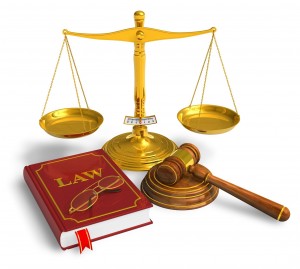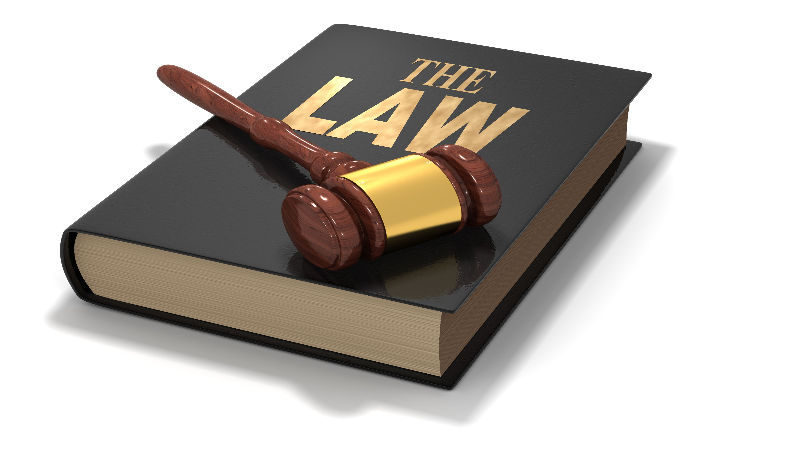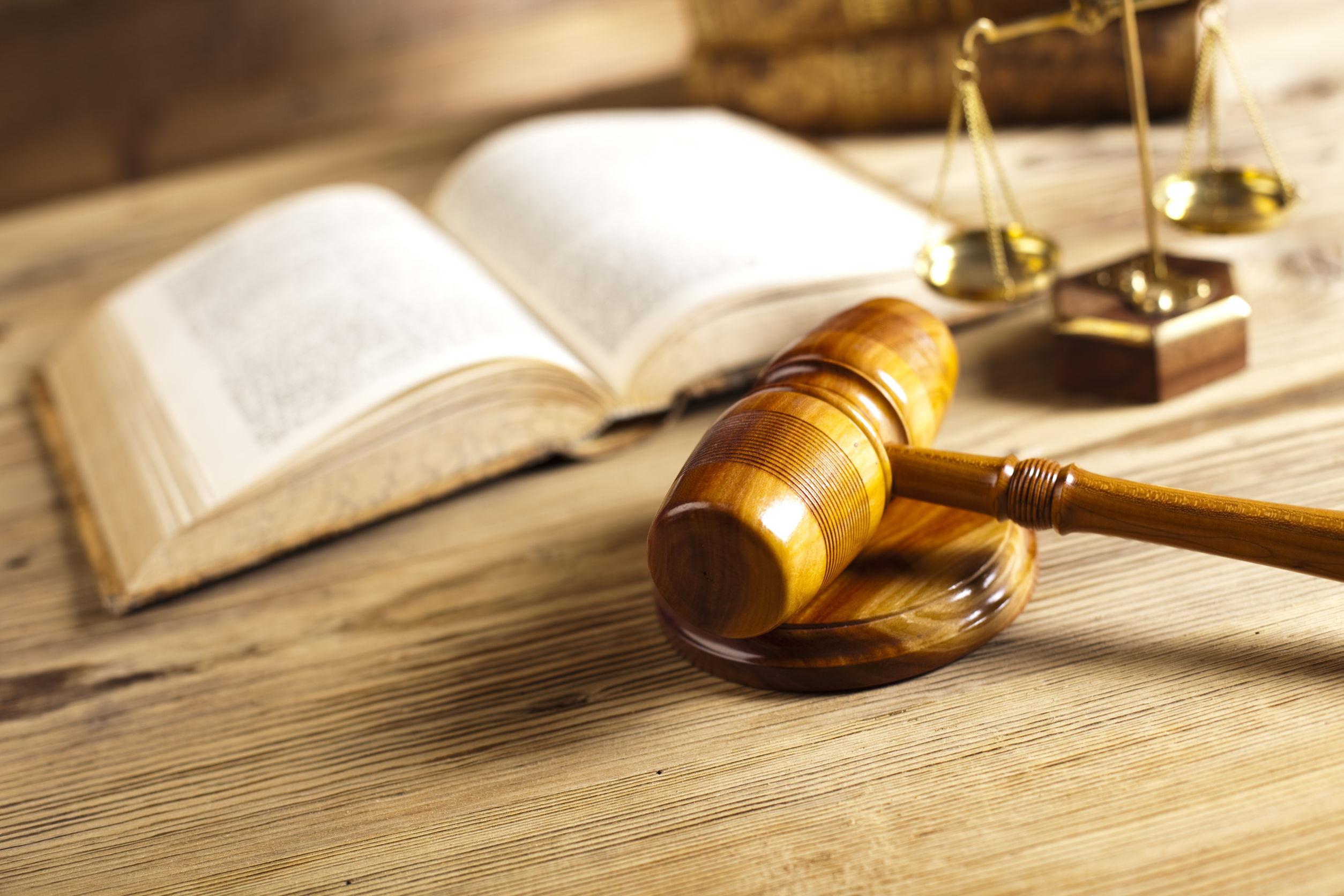One of the most important roles of a bankruptcy lawyer in Reading PA is to help their clients understand all of the differences between the different types of bankruptcy. Now for the most part there are just two different bankruptcy options available to individuals. There is one special case, and that is for farmers. If a farmer has to file for bankruptcy, they would actually file for a different type of bankruptcy than any regular individual.
For individuals, there is chapter 7 bankruptcy and chapter 13 bankruptcy. There are distinct differences between the two, which are explained here. As mentioned, there is a different type of bankruptcy that is just for farmers. For this type of bankruptcy, this is called chapter 12 bankruptcy.
Chapter 7 or Chapter 13
Now chapter 7 is also known as a total bankruptcy. For total bankruptcy, this means that every asset that a person has gets turned over to a bankruptcy trustee and liquidated. There are a few items which are exempt from being liquidated such as a car or an item may be exempt from being liquidated if it is considered not of reasonable value to liquidate or easy to liquidate. Once all assets are sold, a person is basically left with nothing.
The upside to chapter 7 bankruptcy is that there is no more money that will be owed to any creditors. That means that there is no repayment plan that is needed for a chapter 7 bankruptcy. Of course, a chapter 7 bankruptcy can stay with a person for a very long time. It will remain on a person’s credit report for 10 years. That means for 10 years it will severely hurt a person’s chances of getting most loans.
For chapter 13 bankruptcy, the process is a little different than it is with chapter 7. This is often referred to as a reorganization bankruptcy. After filing for a chapter 13 bankruptcy, a person will also receive an automatic stay. All collections will stop. During this time, a bankruptcy official will examine everything involving a candidate’s finances to determine a payment plan. This is also where a bankruptcy lawyer in Reading PA can help in getting the most agreeable plan for all parties.

The downside to chapter 13 bankruptcy is that all or most of the debt must be paid back. Of course, the upside to this type of bankruptcy is that the downward spiral of interest and late fees is stopped. A person typically has 3 to 5 years to make regular payments to eventually pay off all of the debt. This type of bankruptcy is not quite as common as the chapter 7 bankruptcy, but it is definitely an option.
Mitchell A. Sommers ESQ, P.C. is a bankruptcy lawyer in Reading PA that offers legal services in Lancaster, Ephrata, and the surrounding regions in Pennsylvania. The legal services offered include bankruptcy law for both businesses and individuals as well as family law, criminal law, real estate law, estate law and wills.


